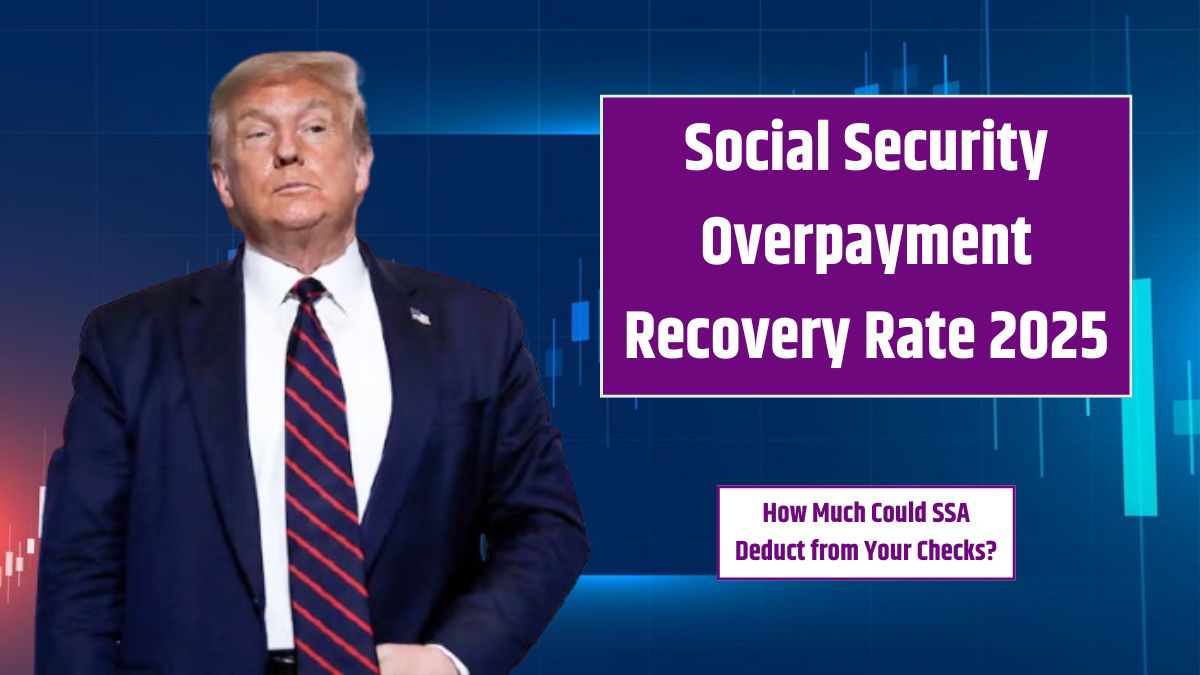The Social Security Administration (SSA) is reinstating a controversial policy that allows them to recover overpaid benefits by withholding 100% of a recipient’s monthly Social Security check. This change, set to begin on March 27, 2025, has sparked major concerns among advocates who argue that it could financially devastate vulnerable beneficiaries.
According to SSA officials, this policy aims to recover an estimated $7 billion over the next decade. However, critics believe it unfairly penalizes Americans for errors that are often caused by SSA itself.
Recovery
Under the revised policy, any new overpayment cases identified after March 27 will be subject to full withholding, meaning the entire monthly Social Security check could be taken until the debt is repaid.
There are some exceptions:
- Overpayments identified before March 27 will remain capped at a 10% withholding rate.
- Supplemental Security Income (SSI) overpayments will still follow the 10% rule.
While recipients can request a lower repayment rate or appeal the overpayment, the process may be challenging. SSA has been facing staff shortages and field office closures, making it difficult for beneficiaries to navigate the system quickly.
Errors
One of the biggest criticisms of this policy is that many overpayments are due to SSA’s mistakes, not the fault of beneficiaries.
A 2022 Inspector General report revealed that over 73,000 overpayment cases were linked to SSA miscalculations and administrative errors. Despite this, under the new rule, individuals affected by these errors may suddenly find their entire income withheld.
Advocacy groups, including the National Committee to Protect Social Security & Medicare, have condemned the decision, arguing that it places an unfair burden on beneficiaries who often rely solely on Social Security for survival.
Challenges
The SSA’s ability to process appeals and repayment adjustments has been significantly impacted by budget cuts and staff reductions. Fewer employees and increased caseloads mean that many appeals could take months or even longer to resolve.
In addition, many beneficiaries are unaware of their rights when they receive an overpayment notice. Without proper guidance, they may not know they can:
- Request a waiver if the overpayment wasn’t their fault.
- Set up a lower repayment rate based on financial hardship.
- Appeal the overpayment decision if they believe it is incorrect.
Impact
For many Americans, Social Security is their primary or only source of income. If their entire monthly check is withheld, they could struggle to pay for rent, food, medications, and other essentials.
Despite reassurances from SSA that people can appeal, the reality is that the process is often slow and difficult to navigate. Many worry that by the time their appeal is processed, they will have already suffered severe financial hardship.
Beneficiaries affected by an overpayment should contact SSA immediately at 1-800-772-1213 to request a lower repayment rate or file an appeal. However, they should also be prepared for delays in response.
As public awareness of this policy grows, pressure is mounting on SSA and lawmakers to reconsider or modify the rule to prevent harm to vulnerable Americans. Whether changes will be made remains uncertain, but for now, those impacted should take immediate steps to protect their income.
FAQs
When does the new SSA policy take effect?
The full withholding policy begins on March 27, 2025.
Can SSA take my entire Social Security check?
Yes, if you have a new overpayment after March 27, 2025.
Are older overpayments affected?
No, overpayments identified before March 27 will follow the 10% rule.
Can I appeal an overpayment?
Yes, you can appeal or request a lower repayment rate.
How do I contact SSA about an overpayment?
Call SSA at 1-800-772-1213 to discuss your options.






